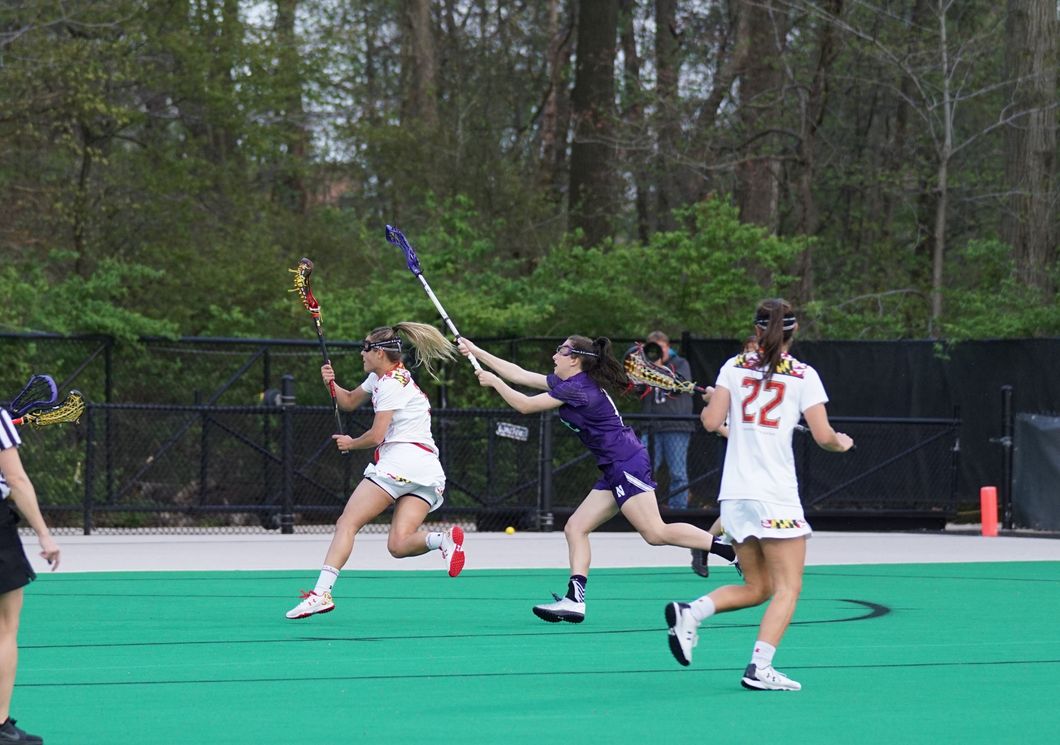Every young kid dreams of playing professional sports, and especially today, the opportunities to do so are at an all-time high. Most of the time, in order to play a professional sport, one has to play in college first. For the athletes that really want to make it, Division I has the best athletic competition leading up to pro leagues. But for the rest of the athletes who either aren't good enough to play D1 or just don't see themselves committing the effort to a D1 program, there are D2 and D3 sports as well. Here are five reasons why being a D3 athlete is the best way to experience college as an athlete.
1. Effort
As I said in the introduction, less effort is required to play at the Division III level. Although it is still a heavy commitment, D3 sports give athletes the opportunity to do things on their own and participate in other on-campus and off-campus activities. This allows athletes to broaden their horizons while still playing the sports that they love. On top of that, other on-campus communities love when athletes get involved, and their perspective is always appreciated.
2. Student-athlete to the fullest
D3 sports combine academics and athletics better than any other division. Fourteen of the top 50 academic universities (according to U.S. News and World Report) play at the Division III level. Also, most liberal arts schools like Williams College or Amherst College have D3 athletics, and they have some of the best academic programs in the world.
3. Competition
Some may worry that the level of competition isn't that good at the D3 level. Sure, most D3 schools couldn't compete with the higher-end D1 schools, but the best D3 conferences play at a higher level than most D2 conferences, and sometimes better than the lower D1 conferences. It is also sport-relative, meaning that in some sports like soccer, tennis and ice hockey, the best D3 schools could compete at any level. Obviously in sports like football and basketball, the D1 level is on its own playing field; but even so, D3 makes for much better competition in all sports than what most people commonly think.
4. Access to college life
Having a social life is also something a lot of kids look forward to in college. Playing a D1 sport basically dismantles that idea. You better like the kids on your team, because those are the only people you see all year. Every sport now is practically year-round, and with most teams implementing 48-hour rules (meaning no partying 48 hours before a game) it makes it almost impossible to go out with your friends and have fun. If you play a D3 sport then you can stay competitive on the field, and also enjoy the social aspect of college off the field.
5. Less traveling
Lastly, there is less travel required in D3 than any other division. Besides the UAA, all D3 conferences play against nearby teams. This means significantly less traveling. We can all admit that getting on a plane with your team while everyone stares at you is awesome, but in the long run, playing games near your school is way more efficient and less stressful. Plus you get paid by the school for the meals you miss during sporting events, or the meals you miss while traveling to sporting events, so there's a nice monetary incentive there (and monetary gain if you're smart about your spending).
There you have it. Being a D3 athlete is the best way to enjoy college. You have a social life, people on campus look up to you, you get to meet and participate with other non-athletes, and you still have the opportunity to play the sport you love at a high level. Moreover, you graduate with a good degree and you're extra-ready for the real world--crazy schedules, commitment, competition. So if you're thinking about what collegiate level to choose, don't look past D3 just because it doesn't have the same athletic hype. College is a full experience, and if you want that experience and still want to play sports, then D3 is right for you.



















